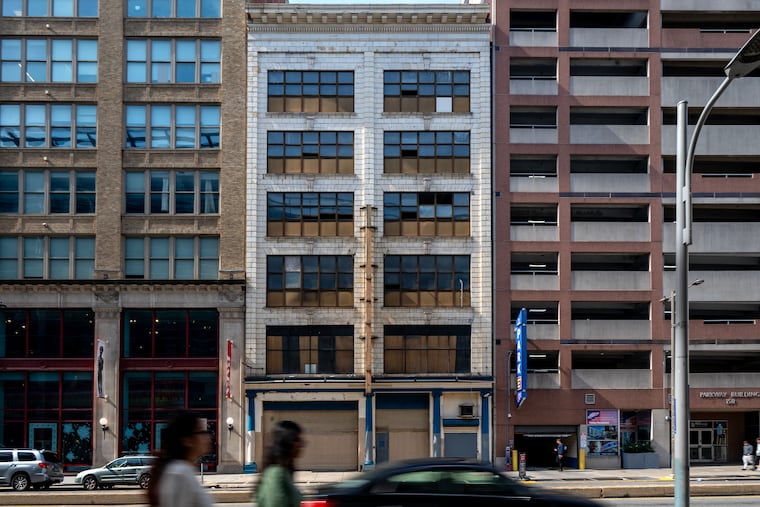Urgent need for change in waste management practices to enhance financial responsibility.
In Philadelphia, Mayor Cherelle L. Parker is facing increasing pressure as negotiations with the union representing blue-collar municipal workers continue without resolution. Her administration emphasizes a commitment to fiscal responsibility while simultaneously addressing the city’s waste management strategies. The juxtaposition of labor negotiations and environmental sustainability has brought to light the challenges surrounding Philadelphia’s waste practices, which have drawn criticism for lacking both economic and ecological foresight.
The city’s historical approach to waste management has been scrutinized, particularly during the tenure of former Mayor Jim Kenney. Many residents were dismayed to discover that curbside recycling had been suspended during the pandemic, despite their diligent efforts to separate recyclables from regular refuse. Currently, Philadelphia’s recycling rate for residential units stands at a mere 13%, significantly lower than the national average of 32%. Parker’s administration has set an ambitious target of increasing this figure to 14%.
While the administration aims to promote “greening” initiatives within the city, there is a conspicuous gap in strategy regarding the fate of litter, illegal dumping, and recyclable materials post-collection. As only 10% of the Department of Streets’ budget is allocated to labor for waste collection, concerns are mounting over the notably higher expenditure—14%—dedicated to waste disposal. This financial imbalance raises questions about the sustainability of current waste management practices.
Like many major U.S. cities, Philadelphia’s waste management system involves municipal staff for collection but relies heavily on private contractors for disposal. Agreements with Waste Management and Covanta dictate that set tonnages of waste are to be delivered daily at escalating costs, amounting to million and million, respectively. Such contracts, established under the Kenney administration, additional lock the city into minimum waste delivery commitments at predetermined annual fees.
The nature of these contracts offers little incentive for waste reduction on the part of disposal companies, placing the onus on the city to devise innovative reduction strategies. Critics argue that Parker’s strategy focuses more on superficial responses to trash accumulation rather than implementing substantive reforms that could enhance both environmental and financial sustainability.
The current waste management framework leads to the incineration of a substantial portion of Philadelphia’s discarded materials at Covanta’s Delaware Valley facility, which has long been criticized for its environmental and health impact. Meanwhile, a significant quantity of waste is transported to Waste Management’s Fairless Landfill, furthering concerns regarding sustainability.
Recent assessments indicate that nearly half of the city’s waste consists of compostable materials, highlighting a notable absence of a citywide composting program that could alleviate disposal fees and emissions. Philadelphia’s five-year strategic plan briefly mentions a pilot organics program, but many advocate for decisive action to establish a comprehensive composting initiative.
Expanding the current waste collection approach may provide immediate relief but could also exacerbate disposal volumes without fostering a culture of waste reduction. Programs employed in other cities, such as “pay-as-you-throw” models and restrictions on single-use plastics, have proven effective in encouraging sustainable practices.
For Mayor Parker and the Department of Streets, advancing measures such as expanded recycling, composting, and reduced plastic usage is critical to ensuring Philadelphia’s fiscal health. Implementing these strategies can help manage the more than 600,000 tons of waste generated annually while addressing the financial implications of disposal—ultimately aligning environmental goals with the fiscal responsibility that Parker advocates.
As discussions continue amid a temporary work stoppage, the residents of Philadelphia are called to engage with these pressing issues, considering the broader implications of waste management on their community and environment.
Media News Source







